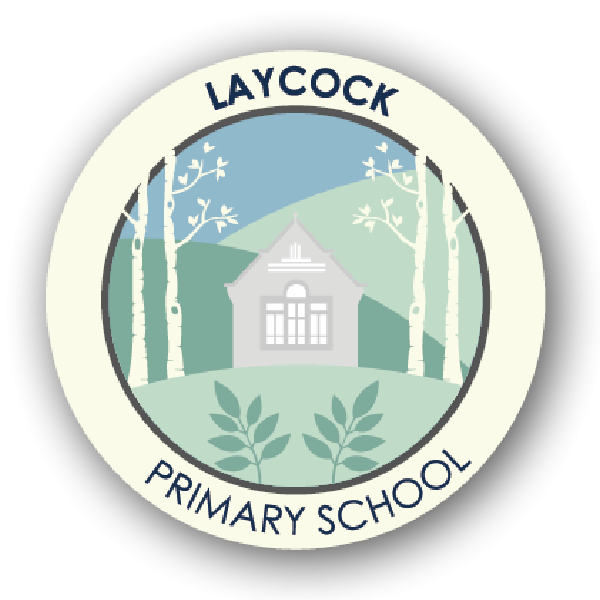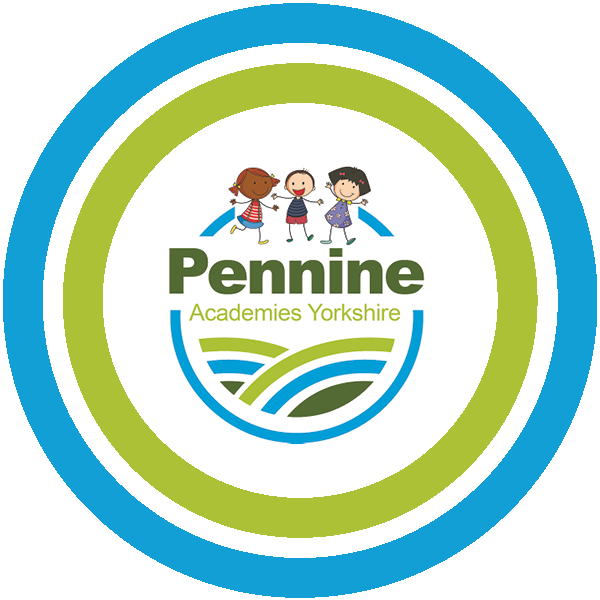Religious and Worldviews
At Laycock Primary School, RE is an important curriculum subject. It is important in its own right and also makes a unique contribution to the spiritual, moral, social and cultural development of pupils and supports wider community cohesion. This aligns with our value of community.
Kapow Primary’s Religion and worldviews curriculum aims to develop deep thinkers who are open-minded about religion and worldviews. Our R&W curriculum is relevant to pupils, reflecting and preparing them for life in modern Britain. Through the scheme, children will secure a deep understanding of concepts in order to be able to make connections, ask and respond to challenging questions, learn to respect and appreciate worldviews that are different to their own and consider their personal preconceptions, responses and views. Children will build their conceptual knowledge through studying religions and worldviews locally, nationally and globally in our progressive curriculum, enabling them to make links and connections between worldviews, develop disciplinary skills and build on their understanding of their positionality in relation to their learning . By revisiting key ‘big questions’ and building on prior knowledge, pupils will learn about how religion and worldviews are lived experiences across the world, consider the impact of worldviews on society and have opportunities to consider their personal worldviews.
Kapow Primary’s R&W scheme of work enables pupils to meet the government guidance, which states that RE must reflect that ‘the religious traditions in Great Britain are, in the main, Christian while taking account of the teaching and practices of the other principal religions represented in Great Britain’. Our scheme has been designed to fulfil the aims of A Curriculum framework for Religious Education in England. For EYFS, the lessons allow pupils to work towards targeted ‘Understanding the world’ Development matters statements and Early learning goals, while covering foundational knowledge that will support them in their further Religion and worldviews learning in Key stage 1.
In EYFS, children begin to talk about the beliefs of their immediate family and community, recognising that people have different beliefs and celebrate special times in different ways. They listen to religious and modern day stories and compare and contrast characters, including figures from the past. Children develop their awareness of religion and worldviews in Key stage 1, focusing on conceptual knowledge through the study of a limited range of religions and worldviews represented in the UK, including Christianity. This will support children in building knowledge they can refer to throughout their learning in Key stage 2 while encountering a greater range of religions and worldviews and considering further the diverse nature of religious and non-religious lived experience. The Kapow Primary Religion and worldviews curriculum emphasises the importance of diverse representations within and across religions and worldviews, focusing on real people’s lived experiences of their beliefs.
We use Kapow as a framework to teach our RE curriculum. Through the Kapow RE curriculum learning is divided into themes with ‘Big Questions’ that focus on the perspective of one or more religious or world views. Each unit includes overarching ‘big questions’ which will be revisited throughout key stage 1, lower key stage 2 and upper key Stage 2, allowing children to apply the breadth and depth of their learning across various concepts. These ‘big questions’ are:
-
Why are we here?
-
Why do worldviews change?
-
What is religion?
-
How can worldviews be expressed?
-
How do worldviews affect our daily lives?
-
How can we live together in harmony if we have different worldviews?
These questions are addressed through individual units such as the Year 4 unit ‘Why is water symbolic?’. In this unit children explore the many ways water is used in rituals and ceremonies, children experience the symbolic use of water and learn about its historical connections in some religions. From this, they create poetry to express ideas about the symbolism of water. Throughout this unit the perspectives of (Christian, Sikh, Muslim and Shinto worldviews are considered.
During a child’s time at Laycock Primary School they will visit at least 3 different religious places of worship including places such as a church, temple and mosque. During these visits they will learn about why that place is special to people who worship there.
Parental right to withdrawal
In the UK, parents have the right to withdraw their children from RE on the grounds that they wish to make their own provision. This alternative will be the parents’ responsibility. This right of withdrawal exists for all pupils in all types of school, including schools with and without a religious designation. Parents also have the right to withdraw their child from part of RE and can do so without giving any explanation. To discuss this further please contact the office to arrange a meeting with the Head of School.

